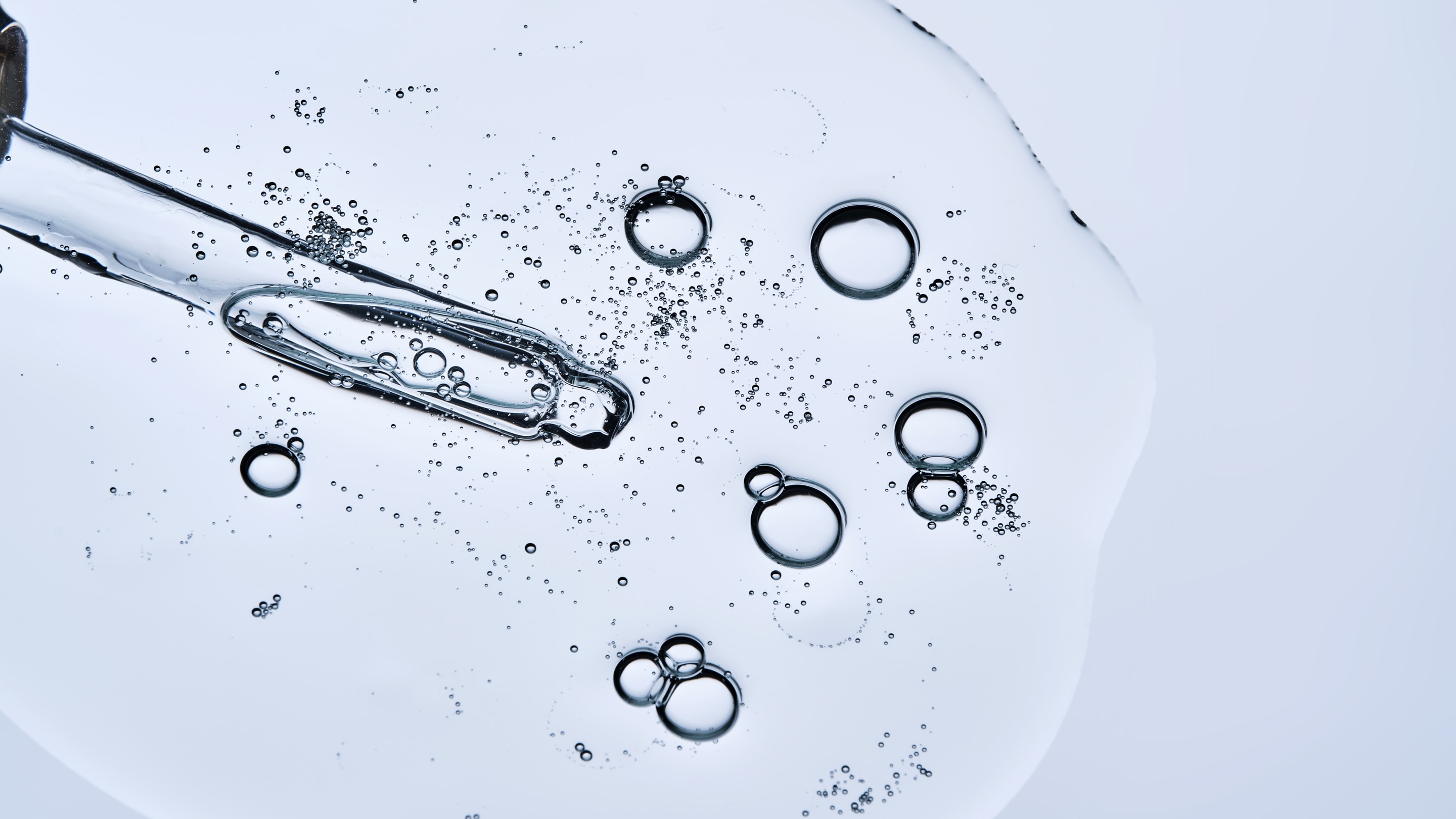In recent years, peptides have quickly become a powerhouse ingredient in the haircare world. If you've heard of peptides of haircare, but don't really know what it is, you're in the right place. As short chains of amino acids, peptides are messengers, signaling to the cells on your scalp and hair follicles to perform specific functions, such as increasing protein production, improving circulation, or minimising inflammation. This targeted approach makes them a great solution for improving hair health, thickness, and strength. To learn more about peptides for haircare, we reached out to the experts. Here's their best advice.
"Peptides are among the most promising science-backed innovations in haircare today. These short chains of amino acids signal the scalp and hair follicles to strengthen strands at the root, improve anchorage, and reduce breakage," mentions Dr Gagan Raina, cosmetologist and aesthetic medicine specialist at Arisia Skin Clinic. "While they aren't a magic cure, clinical results and global research show that peptides go far beyond being just a passing trend."






